“You’re Not a Socialist if You’re Not Fighting for the Palestinian People”
Nearly 300 members of the Young Democratic Socialists of America met for its winter conference earlier this month to discuss and debate the organization’s strategy ahead of the 2024 election.
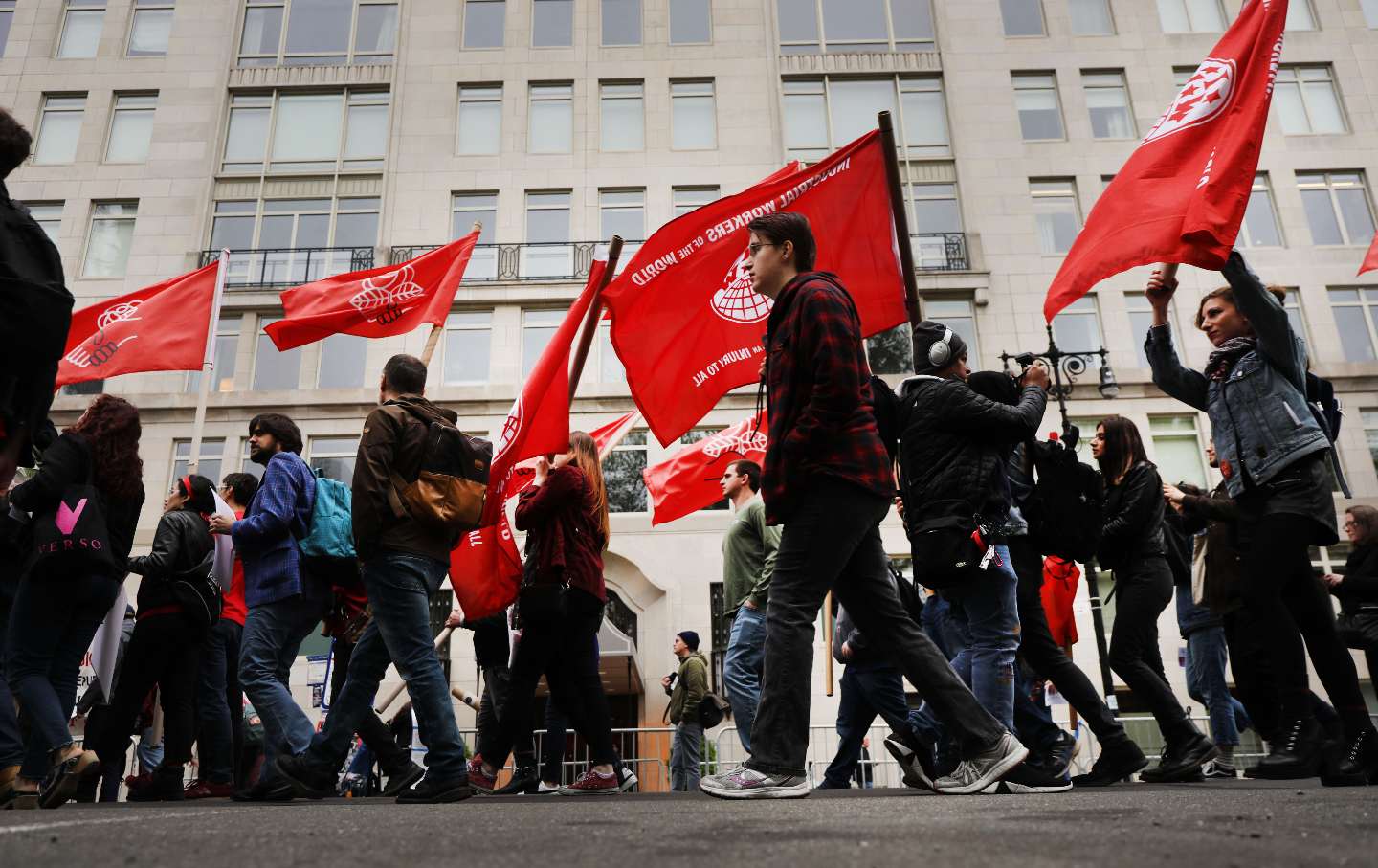
Members of the Democratic Socialists of America march in New York City.
(Spencer Platt / Getty)In early March, nearly 300 members of the Young Democratic Socialists of America (YDSA)—the youth wing of the Democratic Socialists of America—met in the Georgia Tech Hotel and Conference Center for the organization’s winter conference.
“I don’t think I need to stress to this room the danger of a Trump presidency,” said Callynn Johnson, a 21-year-old student at the University of Central Florida, and member of YDSA’s National Coordinating Committee, while speaking in the hotel’s grand ballroom. But “the Democratic party continues to fail queer and trans folk, to fail the people of Palestine, and to fail the broader working class.”
Johnson praised the University of Michigan YDSA for their support of the state’s Uncommitted Campaign, which led 101,000 people to vote for “uncommitted” in the 2024 state primary in protest of Biden, giving the movement two delegates at the DNC. “We’re hoping to continue to see that in all states that have uncommitted options in their primary elections,” they said. On the final day of the YDSA Conference, DSA officially endorsed the Uncommitted Campaign. “Until this administration ends its support for Israel’s genocide in Gaza and delivers a permanent, lasting ceasefire, Joe Biden will bear the responsibility for another Trump presidency,” the group posted on March 3.
“We know that our two party system between the Democrats and Republicans does not work. We know that capital leaves any viable third party candidate out,” said Nat Leach, a student at the University of Michigan and a co-chair of their college’s YDSA chapter. “So, what are we left to do?” Leach’s chapter organized a rally in support of the Uncommitted Campaign, occupied administration buildings on campus, and worked with UMitch’s TAHRIR Coalition for Boycott, Divestment, and Sanctions.
Israel’s siege on Gaza—which has killed around 30,000 civilians—loomed large in the minds of conference attendees. “We can’t liberate other people if part of humanity is being murdered for existing,” explained Matt Streitz, a 24 year old member of the University of Minnesota Twin Cities YDSA. “The entire United States government is complicit,” he said. “You’re not a socialist if you’re not fighting for the Palestinian people.”
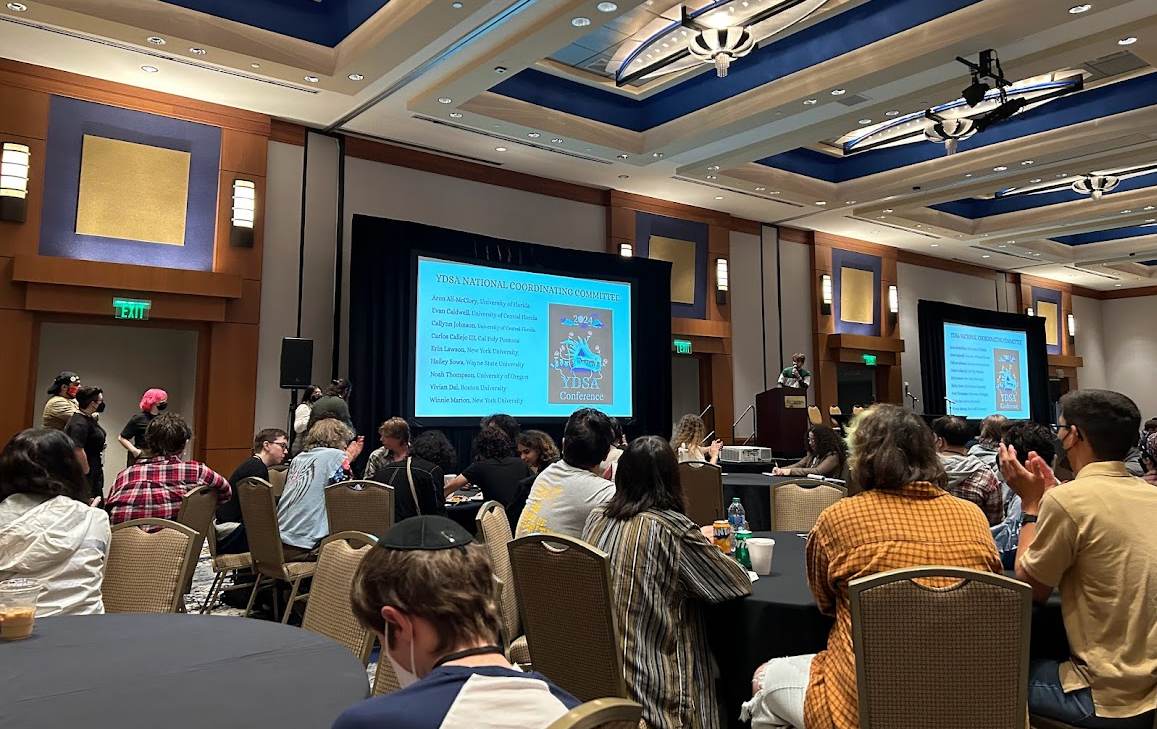
A Gallup poll conducted in February found that 58 percent of Americans have a favorable view of Israel—the lowest rating in over two decades. “Young adults show the biggest decline in ratings of Israel, dropping from 64% favorable among 18- to 34-year-olds in 2023 to 38%.”
“Growing up in a post 9/11 world, and seeing the impacts of the American empire overseas, and now being in American late stage capitalism, where people need to work three jobs to pay rent in the city, we’re done, we’re tired, we see something is wrong and we’re not going to let it slide anymore,” said Leach.
Salem Khoury, a freshman at the University of Oregon, a second generation Palestinian American, spoke about living in a state of “grief, sadness, anger, and a lot of other complex emotions,” while watching the war in Gaza unfold, which “only fuels my intent on furthering the socialist agenda, which is liberating people from imperialism, anti-war, and militant propaganda. Ultimately, liberation comes from collective mindsets, and that’s a strong socialist perspective.”
Along with their University of Oregon YDSA membership, Khoury helped restart their campus SJP chapter, which now has a weekly direct action. “We do protests, die-ins, rallies, we have political education seminars,” Khoury noted, adding that their chapter often connects Palestine with labor organizing and climate issues. “Palestine, and the liberation of Palestine, encompasses everything that we stand for as socialists.”
Of course, no one in attendance was supportive of a Trump re-election in 2024, believing his ascent to the presidency would jeopardize advances in labor, abortion, and LGBTQ rights, while maintaining the current administration’s pro-Israel stance—or making it worse. “DSA ought to turn out the vote against Trump specifically,” said Marcus Gibbs, a 23- year-old member of Hunter College YDSA. “Trump would not only continue US support for this genocide, but would actively harm Palestinians here in the United States as well, and basically all minorities, as well as further eroding our democratic institutions.” Trump has promised to bar immigrants who “support Hamas,” from entering the U.S., and said he would send ICE officers to monitor “pro-jihadist demonstrations.”
“A Trump presidency, which is very likely at this point, would be a continuation of this active genocide, but also would stop things like the student worker movement dead in its tracks,” said Callynn Johnson. “A reversal of the NLRB precedent that has been set in the past few years would be absolutely devastating.”
“Everyone behind him is terrifying,” said Khoury. “They are scarier than him. All the people who are a part of his party, who are part of his campaign, are some of the most corrupt, egregious, insane and fascist extremists I have ever seen, and their politics scare the shit out of me.” For that reason, Khoury stated, voting for Biden in the general election may not be morally unjustifiable. “It is our moral duty to accept the vote of Biden, given the fact that we have the most autonomy to push back against him, under him.”
Popular
“swipe left below to view more authors”Swipe →Richie Floyd, a member of St. Petersburg Florida city council and Pinellas DSA, agreed with DSA’s endorsement of the Uncommitted Campaign, but felt its electoral efforts should also be focused elsewhere. “DSA should spend our time on local and state races, and building up a large stable of electeds, and as those electeds progress in their career, building strong relationships with them,” said Floyd. “We’re not a political party trying to win every race, we’re trying to perform our values and win in strategic places.”
Speaking to the crowd of YDSA members in the Georgia Tech Hotel’s ballroom, Floyd reiterated how change is often gradual. “Building a better world does not happen overnight. It takes time diligently talking with thousands of working people you don’t see eye to eye with.”
Disobey authoritarians, support The Nation
Over the past year you’ve read Nation writers like Elie Mystal, Kaveh Akbar, John Nichols, Joan Walsh, Bryce Covert, Dave Zirin, Jeet Heer, Michael T. Klare, Katha Pollitt, Amy Littlefield, Gregg Gonsalves, and Sasha Abramsky take on the Trump family’s corruption, set the record straight about Robert F. Kennedy Jr.’s catastrophic Make America Healthy Again movement, survey the fallout and human cost of the DOGE wrecking ball, anticipate the Supreme Court’s dangerous antidemocratic rulings, and amplify successful tactics of resistance on the streets and in Congress.
We publish these stories because when members of our communities are being abducted, household debt is climbing, and AI data centers are causing water and electricity shortages, we have a duty as journalists to do all we can to inform the public.
In 2026, our aim is to do more than ever before—but we need your support to make that happen.
Through December 31, a generous donor will match all donations up to $75,000. That means that your contribution will be doubled, dollar for dollar. If we hit the full match, we’ll be starting 2026 with $150,000 to invest in the stories that impact real people’s lives—the kinds of stories that billionaire-owned, corporate-backed outlets aren’t covering.
With your support, our team will publish major stories that the president and his allies won’t want you to read. We’ll cover the emerging military-tech industrial complex and matters of war, peace, and surveillance, as well as the affordability crisis, hunger, housing, healthcare, the environment, attacks on reproductive rights, and much more. At the same time, we’ll imagine alternatives to Trumpian rule and uplift efforts to create a better world, here and now.
While your gift has twice the impact, I’m asking you to support The Nation with a donation today. You’ll empower the journalists, editors, and fact-checkers best equipped to hold this authoritarian administration to account.
I hope you won’t miss this moment—donate to The Nation today.
Onward,
Katrina vanden Heuvel
Editor and publisher, The Nation
More from The Nation
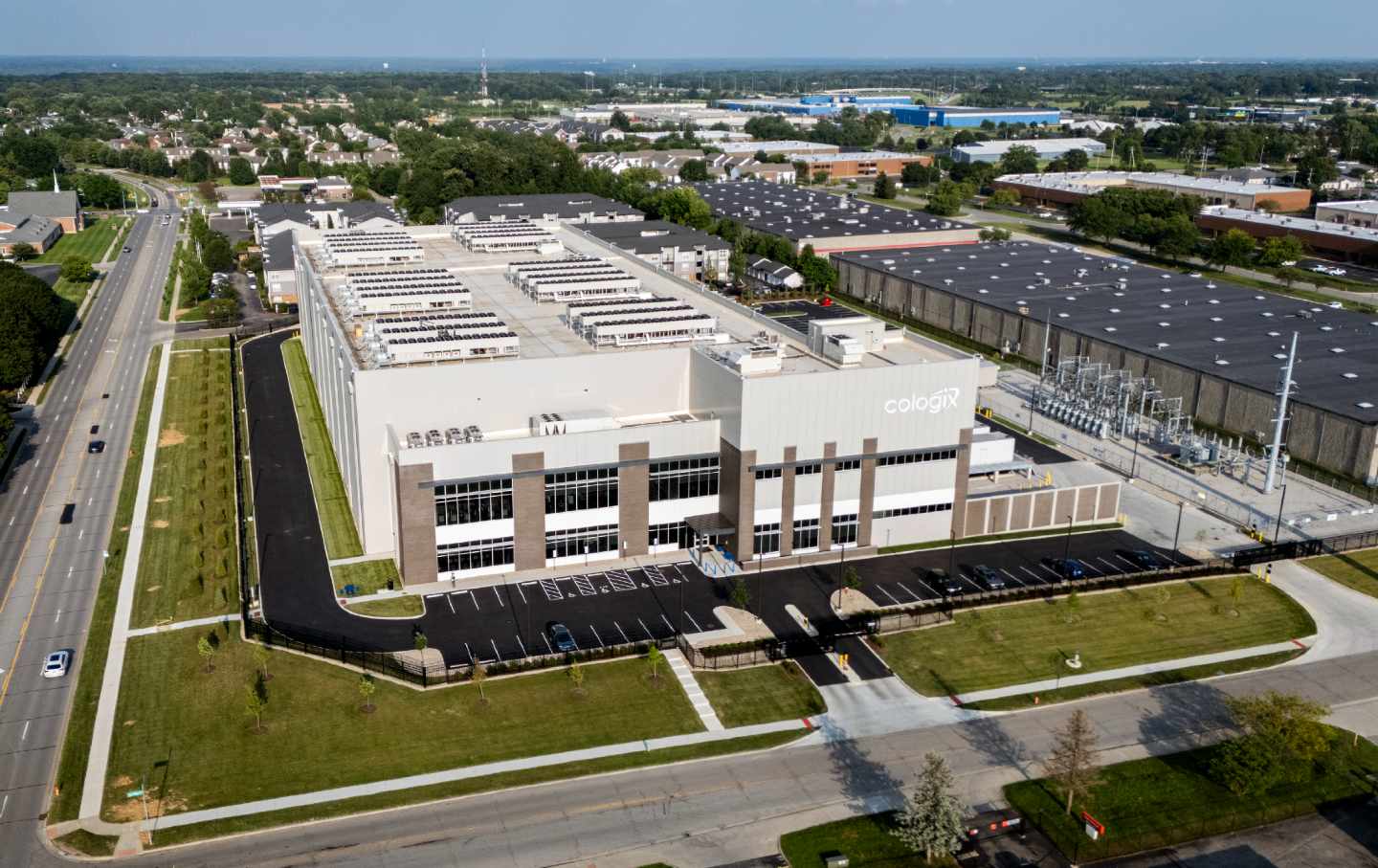
Anger at Corporate Power Is Everywhere Anger at Corporate Power Is Everywhere
It should guide the Democrats.

Honoring the Progressives Fighting for Our Democracy Honoring the Progressives Fighting for Our Democracy
These activists and artists, pastors, and political leaders know what has always been true: The people have the power.
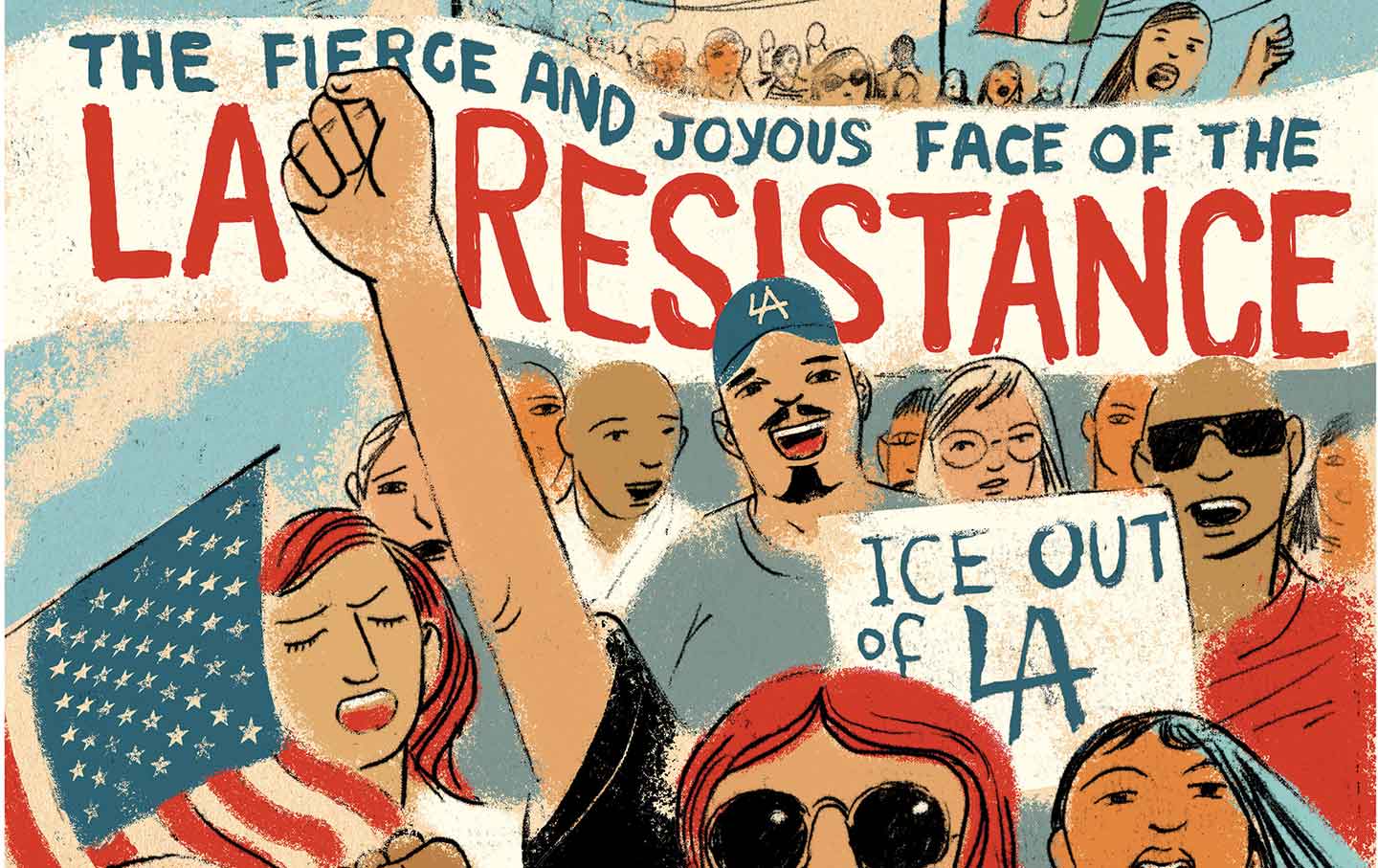
The Fierce and Joyous Face of LA Resistance The Fierce and Joyous Face of LA Resistance
What we can learn from a great American city’s refusal to bend to Trump’s invasion.
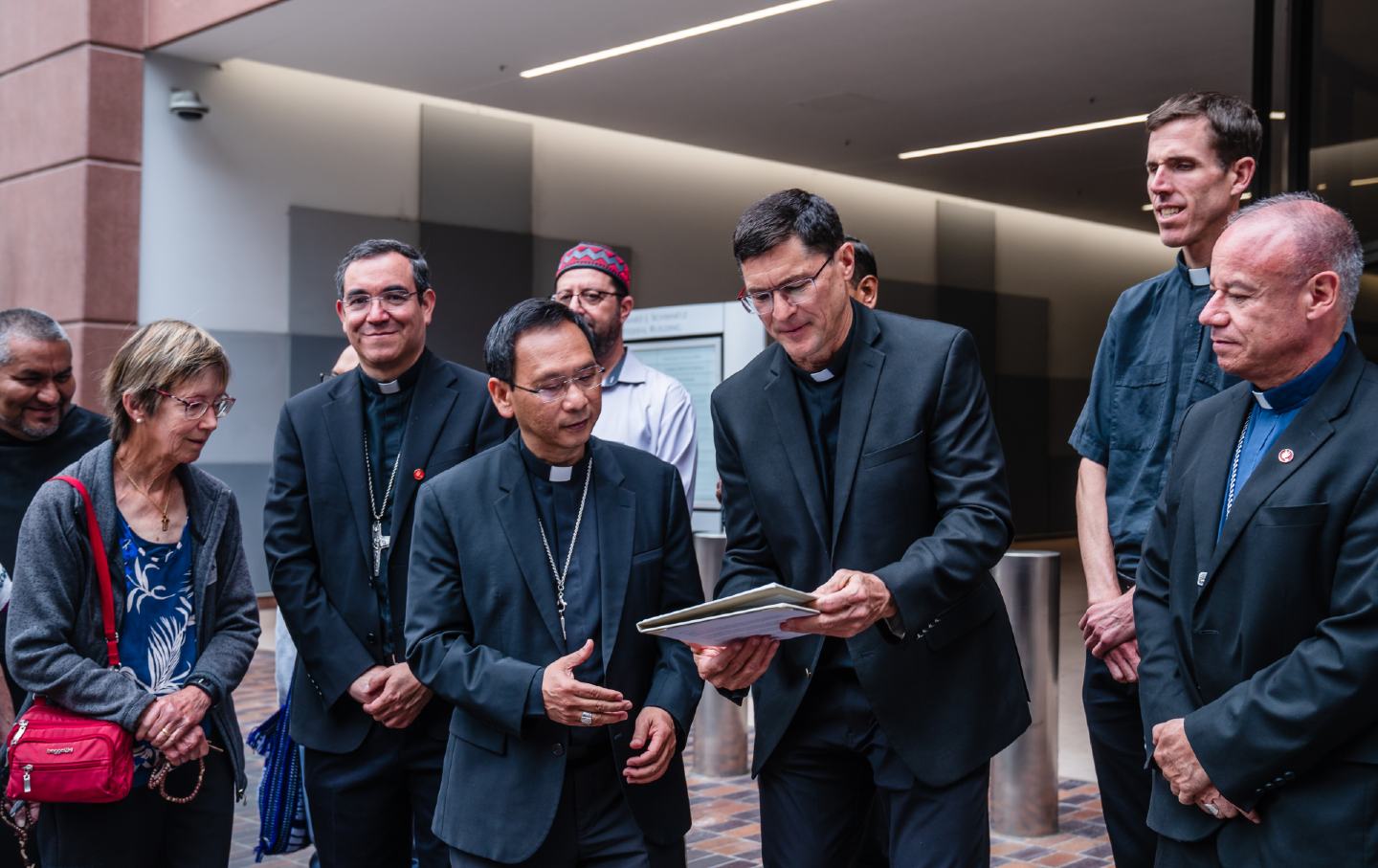
San Diego’s Clergy Offer Solace to Immigrants—and a Shield Against ICE San Diego’s Clergy Offer Solace to Immigrants—and a Shield Against ICE
In no other US city has the faith community mobilized at such a large scale to defend immigrants against the federal government.
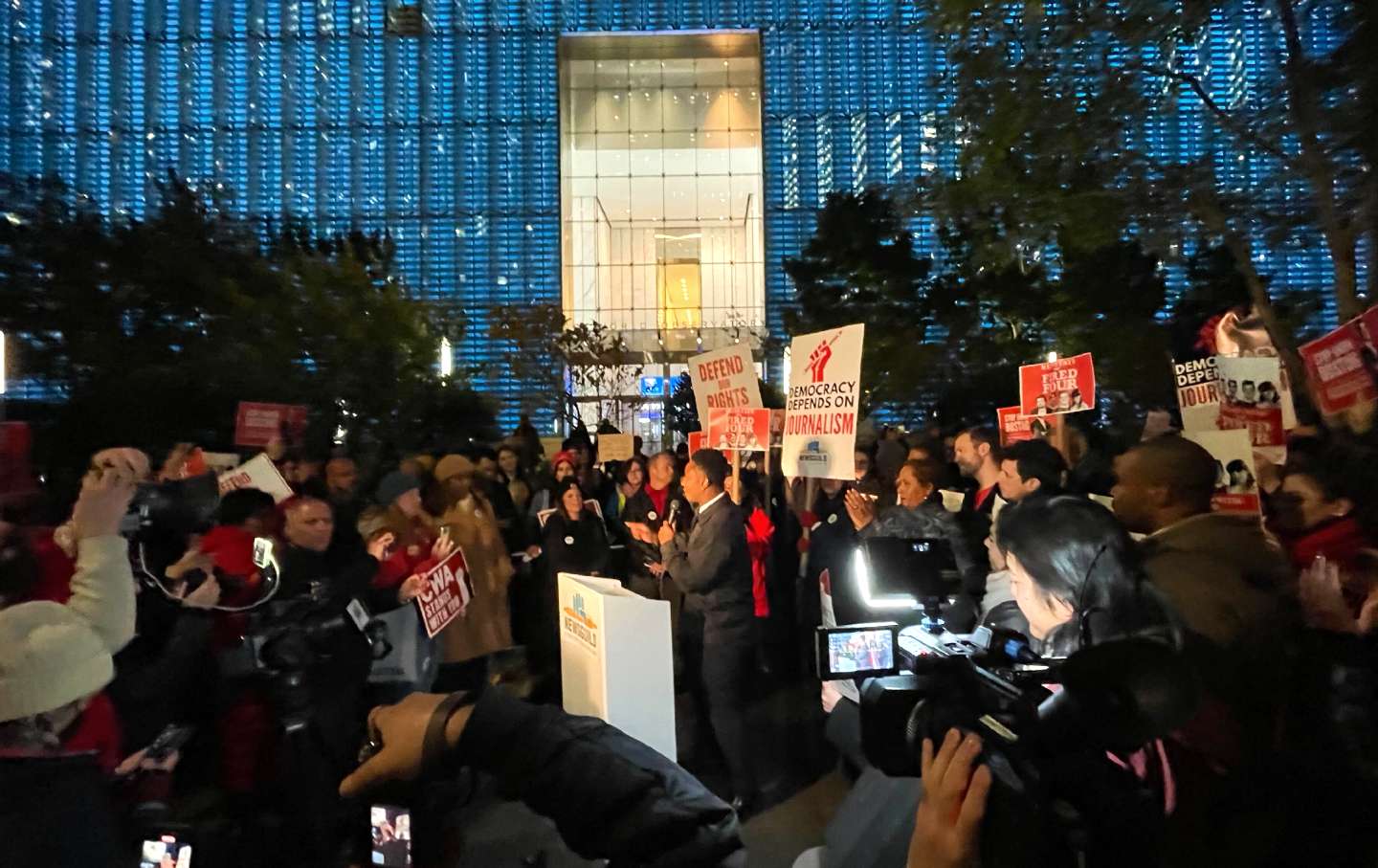
If Condé Nast Can Illegally Fire Me, No Union Worker Is Safe If Condé Nast Can Illegally Fire Me, No Union Worker Is Safe
The Trump administration is making employers think they can ignore their legal obligations and trample on the rights of workers.
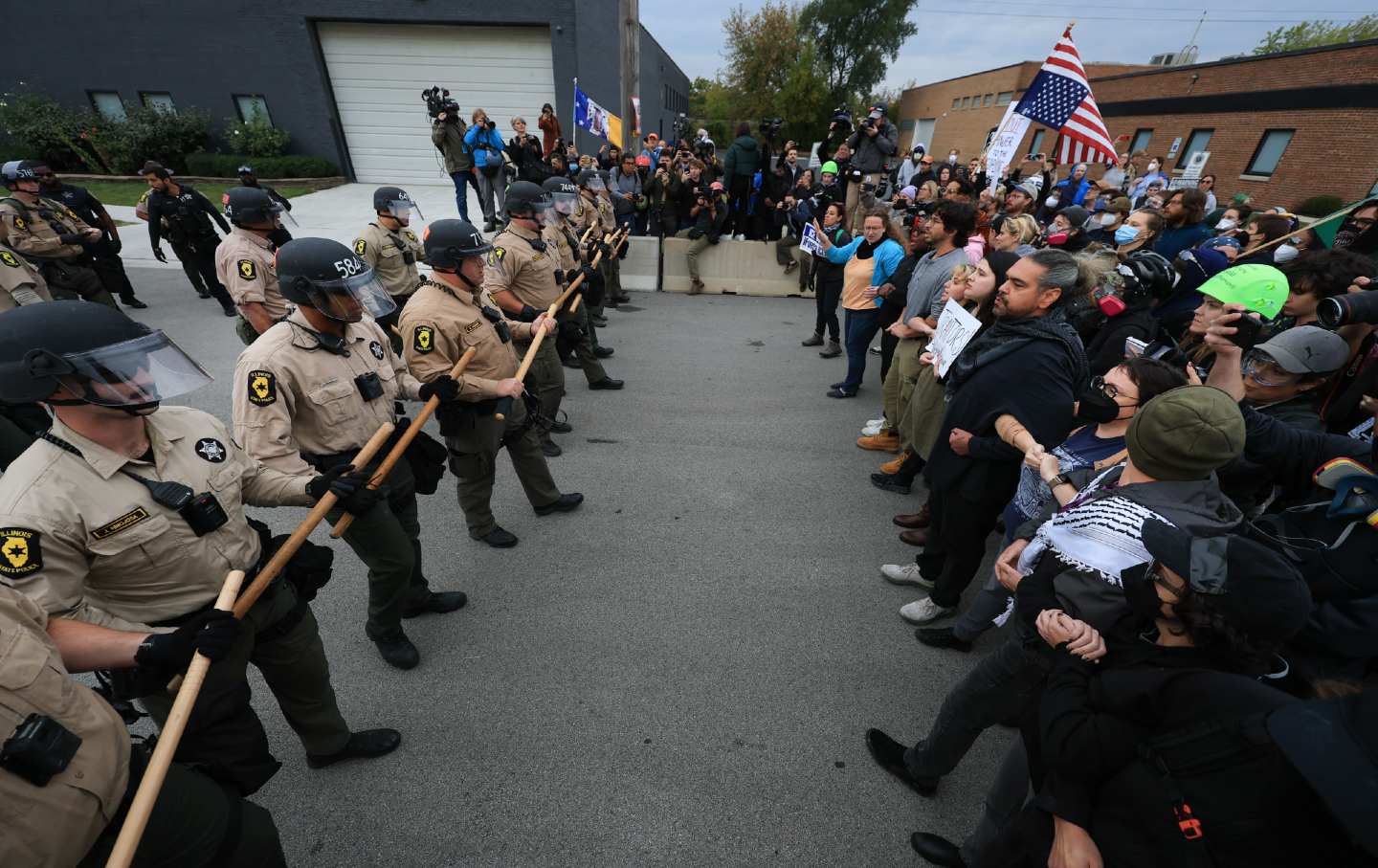
The Counteroffensive Against Operation Midway Blitz The Counteroffensive Against Operation Midway Blitz
How Chicago residents and protesters banded together against the Trump administration's immigration shock troops.


